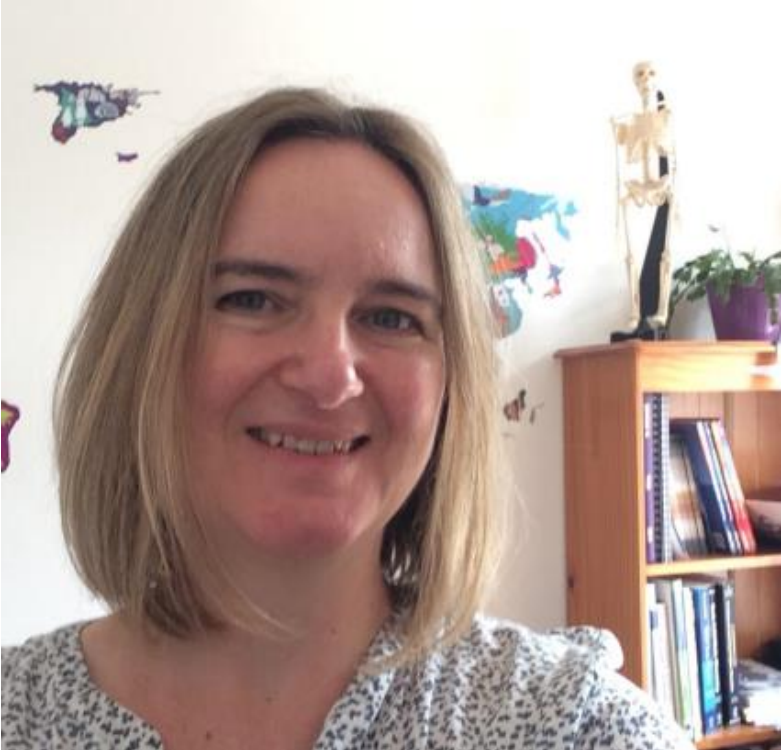Seminar "Biomaterials for Bone Growth: Multiscale Complexity in Human Tissue"
The seminar "Biomaterials for Bone Growth: Multiscale Complexity in Human Tissue" by Prof. Gwendolen Reilly, Department of Materials Science & INSIGNEO Institute for In Silico Medicine, University of Sheffield, UK, will take place on June, 2, on amphitheatre AM.

When: June 2, 2022, 10.30 am
Where: AM amphitheatre, Pavilhão de Mecânica II
Title: Biomaterials for Bone Growth: Multiscale Complexity in Human Tissue
Speaker: Prof. Gwendolen Reilly (Department of Materials Science & INSIGNEO Institute for In Silico Medicine, University of Sheffield, UK)
Abstract: In this presentation I will give an overview of biomaterial strategies to produce 3D scaffolds for bone research to better understand and manipulate their structural and mechanical environments. One group of scaffolds are fabricated by electrospinning from polycaprolactone or polyurethane in aligned or non-aligned formats. We find that alignment can be used to guide bone-like collagen orientation in these in vitro systems. Interesting differences can be observed between cell responses at different stages of cell differentiation. Another group of scaffolds I will describe use multi-scale porosity emulsion-templated, polyHIPE scaffolds to provide single-cell niches and enable osteocyte-like morphological development. In particular, our group has a strong interest in the primary cilia as a mechanosensing organelle. Using traditional monolayer models and our more complex 3D environments we can observe the role of the primary cilia in supporting mechanosensation and the effects of cilia-elongating drugs on bone formation.
Short biography: Professor Gwendolen Reilly, DPhil, obtained her PhD in bone biomechanics
from the University of York UK in 1998, supervised by the eminent biomechanician; Professor John Currey. Since then, she conducted research in the fields of bone mechanobiology and then biomaterials and tissue engineering in institutions in Switzerland (ETH) and the US (Penn State, U. Penn and UIChicago).
In 2004 she obtained her faculty position at the University of Sheffield UK where she is now a Professor in Musculoskeletal Bioengineering working at the Department of Materials Science and the INSIGNEO institute for in silico medicine. INSIGNEO works at the interface between medicine and computer modelling to better understand disease and treatment. Her research centres around two key
themes; the effects of mechanical stimulation on differentiation and matrix formation by bone cells and the interactions between precursor bone cells and their biomaterial substrates. Recently her group has been focused on improving 3D tissue engineered models of bone to create humanised in vitro bone matrices that replicate important feature of bone matrix. We believe that accurate 3D models including bone’s complex, multiscale, hierarchical structure are needed to facilitate more relevant bone disease research than allowed by 2D culture or animal models. Gwen has published 80+ papers and 6 book
chapters in these areas. She is past president of the European Society for Biomechanics.
This seminar is organized by professors Paulo Fernandes and André Castro.
